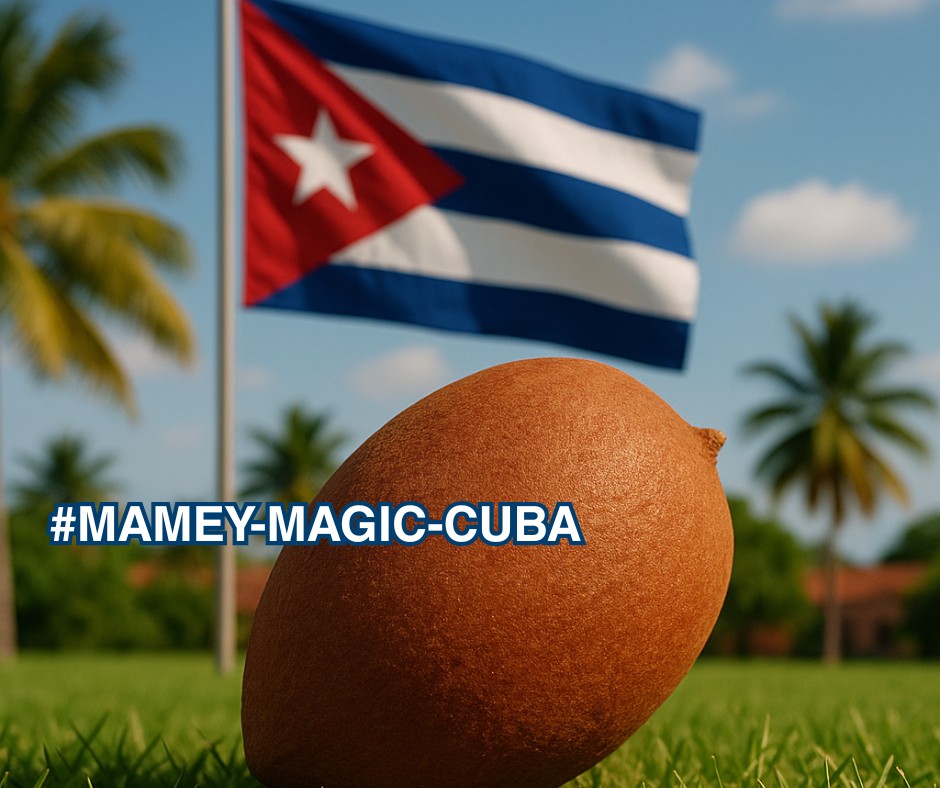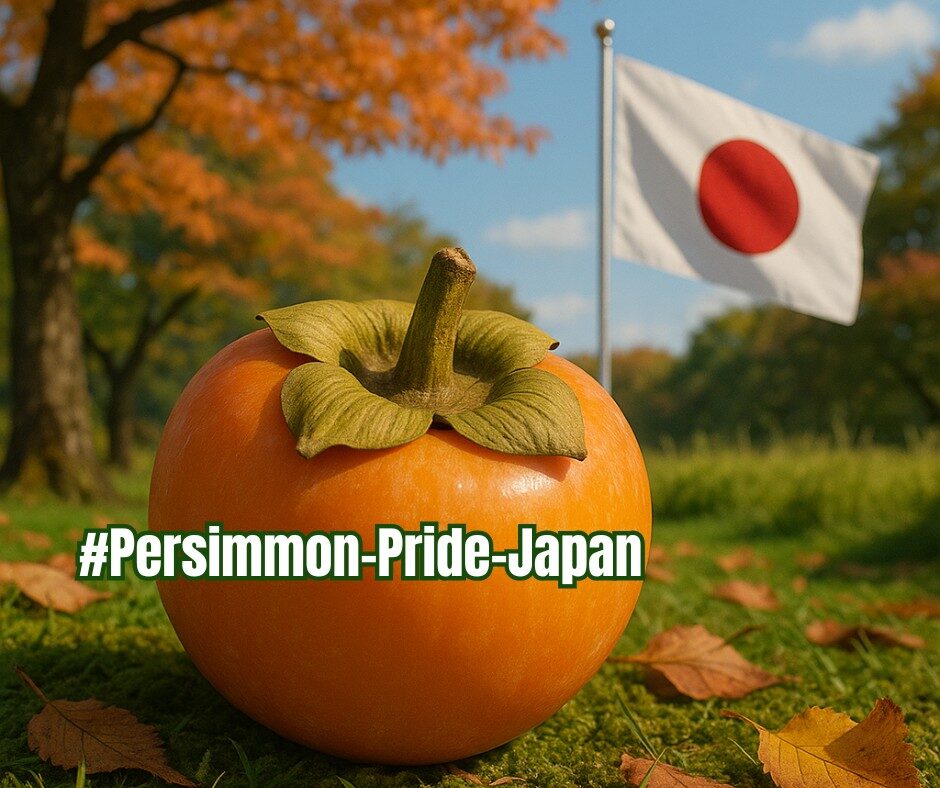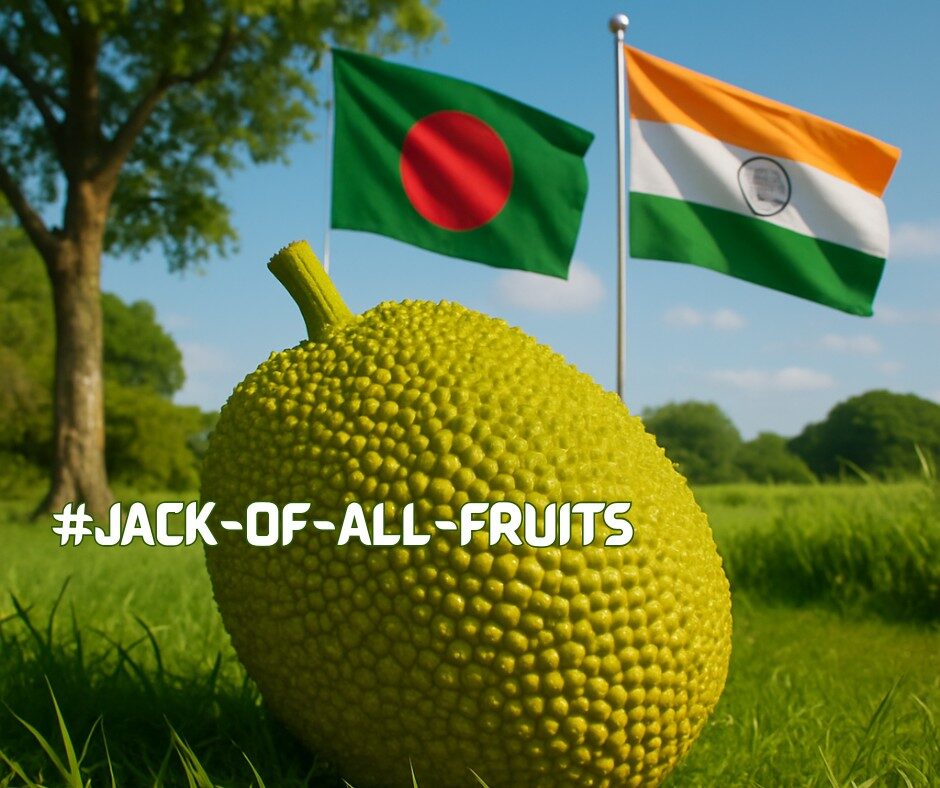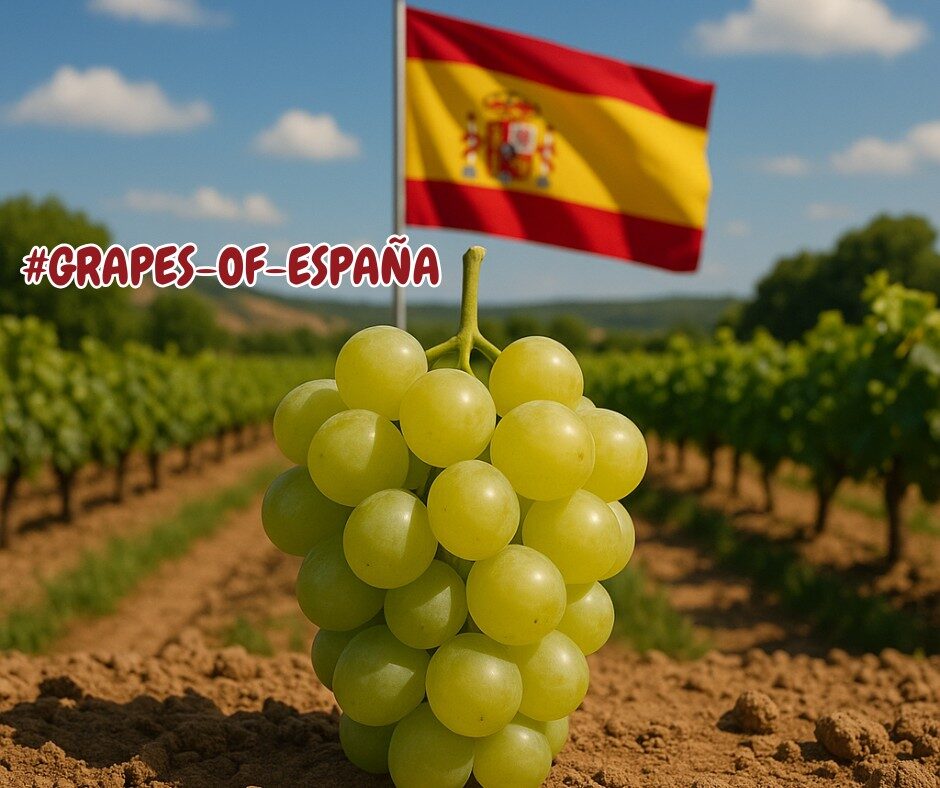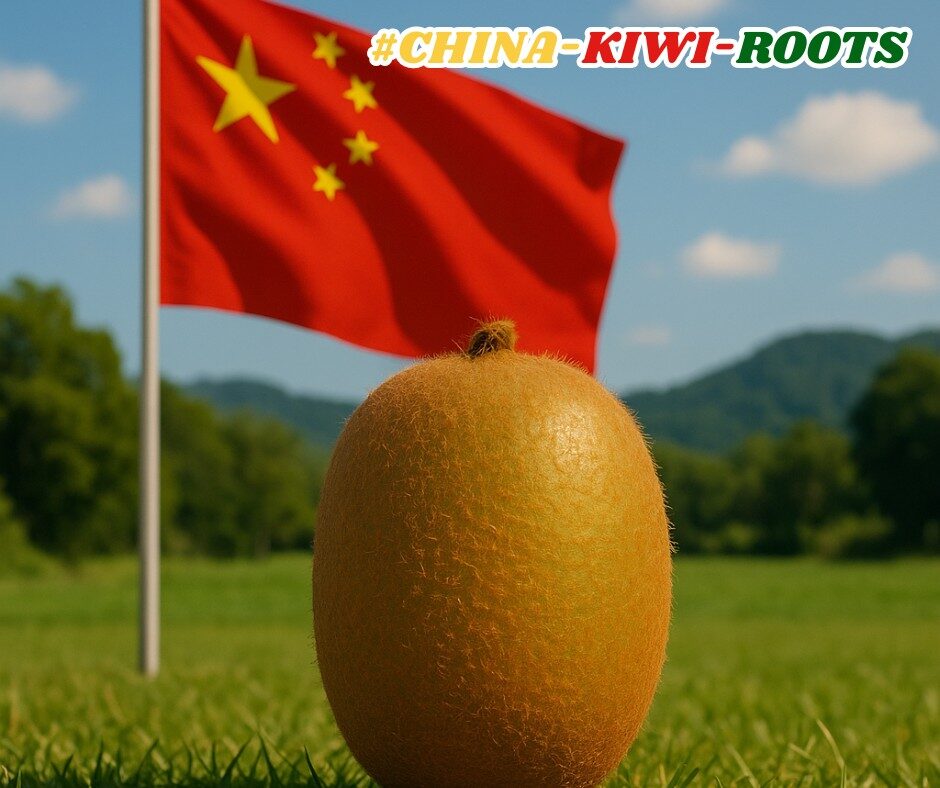Around the World in 40 Fruits – Volume 4 – (Article 4 of 40)
By Dr. Marli Botha
The apricot holds significant cultural and symbolic importance in Armenia, where it’s considered a symbol of national identity and is even used in the name of the country’s national colour, “tsirani”.
Let’s peel open the vibrant world of apricots and discover their global meaning, health perks, and some unexpected uses!
- Apricots are seen as a symbol of happiness and prosperity in many cultures. The Chinese associate the apricot with education and medicine.
- Due to their natural amygdalin content, culinary uses for the kernel are limited. Ground up shells are used in cosmetics as an exfoliant since it provides an alternative to plastic microbeads.
- Apricots are rich in potassium, phosphorus, and beta carotene. They also provide calcium, iron, magnesium, vitamin C, and folate. Antioxidants give apricots their beautiful orange color.
- Apricot oil is extracted from the kernel of the fruit and used widely in cosmetics and as a massage oil. Largely consisting of the unsaturated fats oleic and linoleic acid the oil is claimed to work as a moisturizer and in reducing inflammation.
